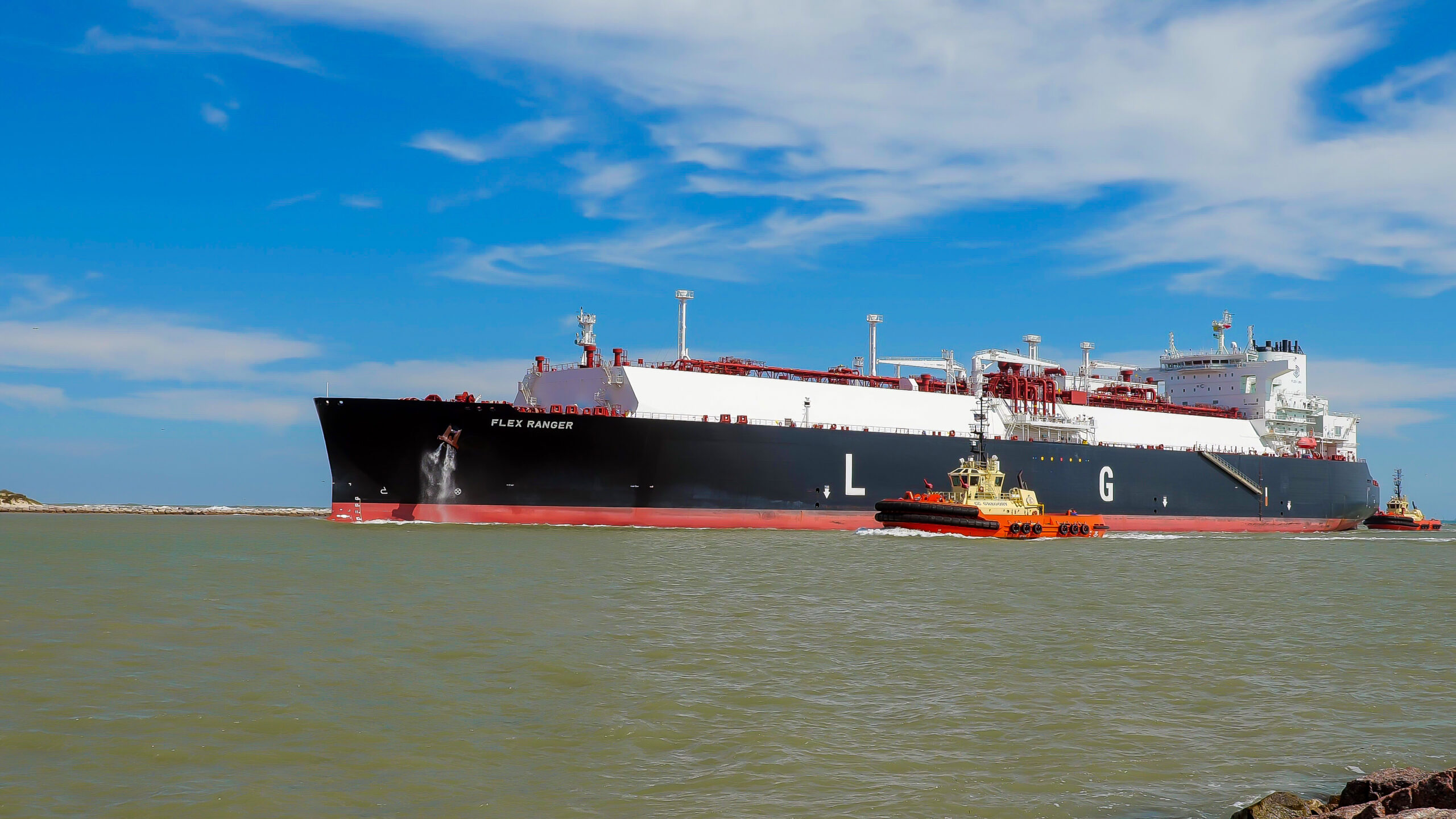New U.S. LNG policy could leave struggling projects behind
For years, proposed U.S. LNG projects could count on the government to extend their export licenses. But a recent policy change means extensions may be harder to come by, leaving delayed LNG projects stuck on the drawing board.

A recent change in policy by the Department of Energy (DOE) could leave a group of proposed but delayed U.S. LNG projects stuck on the drawing board, unable to move forward as the clock on their licenses ticks towards expiration.
For years, the U.S. government across multiple administrations has largely approved and then extended the original seven-year export licenses given to proposed LNG terminals. Extensions had become something of a formality.
“But with a DOE rule change announced April 21, the era of repeatedly renewing authorizations appears to be over,” Lindsay Schneider, an analyst with Houston-based energy analysis firm RBN Energy, wrote in a May 16 commentary.
In April, the Department of Energy rejected an extension for the Lake Charles LNG project in southwest Louisiana, a project that had originally been approved in 2013, but has yet to move forward with construction. It had already received one extension, issued in 2019, but was asking for unprecedented second extension, citing delays related to the pandemic. DOE denied the request, noting that other U.S. LNG projects have moved forward despite pandemic-related uncertainties.
Along with that denial, DOE issued a policy statement that states that going forward, the government will deny extensions unless projects have already started construction and can demonstrate extenuating circumstances.
“While there are no specifics on what those extenuating circumstances could be, it certainly seems like saying ‘COVID’ or ‘bad markets’ isn’t going to cut it anymore,” RBN’s Schneider said.
The change could be significant. The LNG building boom over the past decade was “facilitated by a mostly predictable federal permitting process,” Schneider said. Even though the permitting process was at times slower than developers preferred, companies are “generally granted their authorizations and export licenses.”
“And once they have them, they’ve been able to hold onto them — until now,” Schneider added.
The export license for Lake Charles LNG expires in December 2025. Because the project has not begun construction, it has no chance of meeting that deadline. Its sponsor, a company called Energy Transfer, said it would appeal the decision. But assuming the rejection is upheld, the project is likely stuck and unable to move forward. It could apply for a new license, but it would have to start all over again and move to the back of the queue.
Many other projects could find themselves in a similar situation.
RBN surveyed 19 U.S. LNG projects that are under construction or in the pre-FID phase, and separated them into two groups. Five of them are moving forward and should reach completion before they would be affected by the new DOE policy — Golden Pass, ECA LNG, Plaquemines LNG, Corpus Christi Stage III, and Port Arthur LNG. Two others could need extensions, but will be grandfathered into the old relicensing process.
But another 12 projects now face increased uncertainty because their export licenses expire in the next couple of years and they are still in the pre-FID phase. Lake Charles LNG is among them, along with a long list of other projects slated for Texas and Louisiana, such as Delfin LNG, Driftwood, Rio Grande LNG, and Texas LNG.
“All of the projects on this list have at least a moderate risk of needing an extension,” Schneider wrote. “For the projects whose licenses expire in 2026 or before…that risk is very high considering they’d likely need to be under construction by now to make that window.”
It was always questionable whether the global gas market could support so many proposed U.S. LNG projects. Some were likely going to be left behind.
But the new DOE policy has now made it much more difficult for U.S. LNG projects to sit on the drawing board for several years as they attempt to sign up customers or secure financing. For the dozen or so projects in question, their future is now much more uncertain.
“The DOE is sending a clear message to LNG developers: Get your project across the finish line in a timely manner or get out of the way and make space for someone who can,” RBN concluded.
